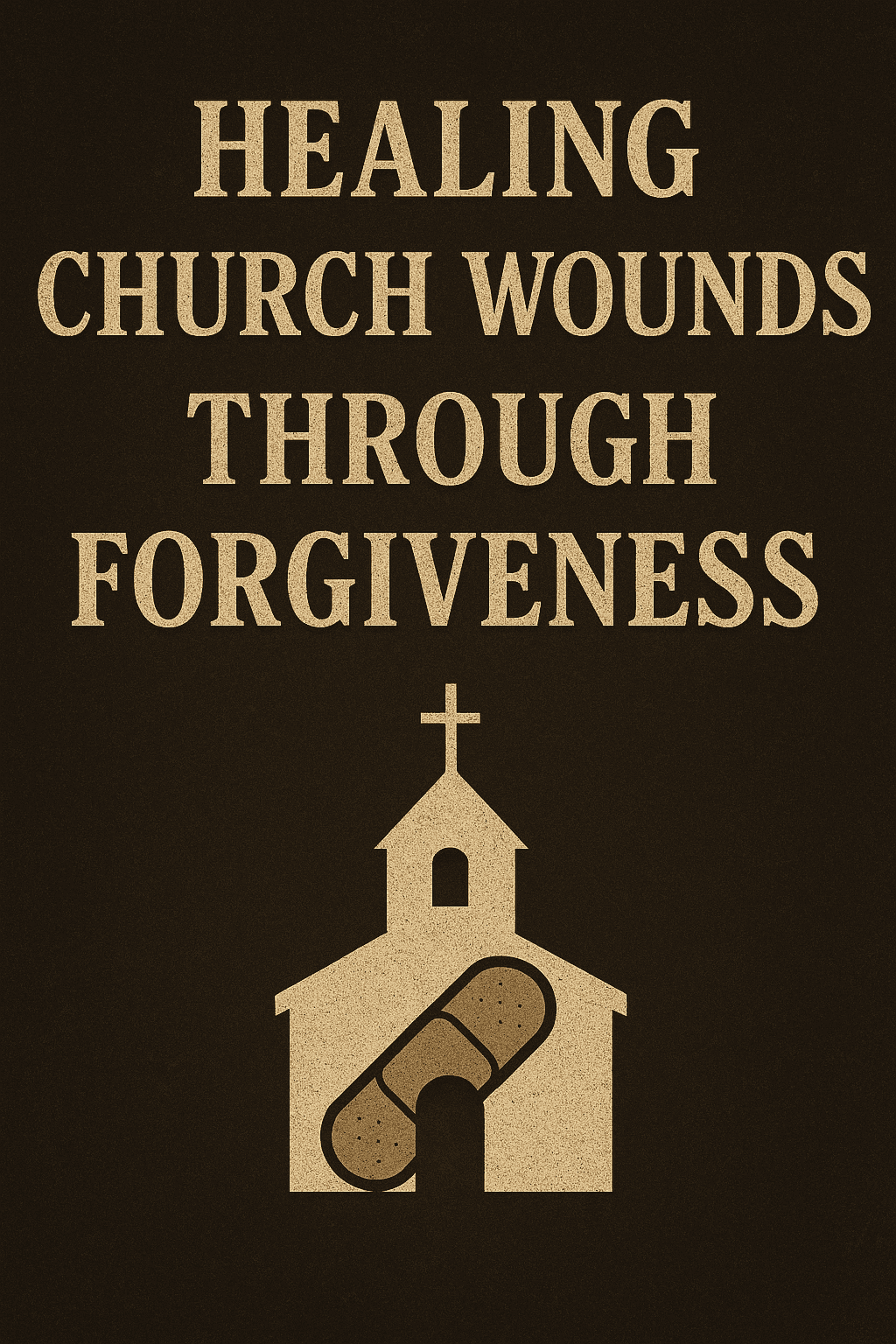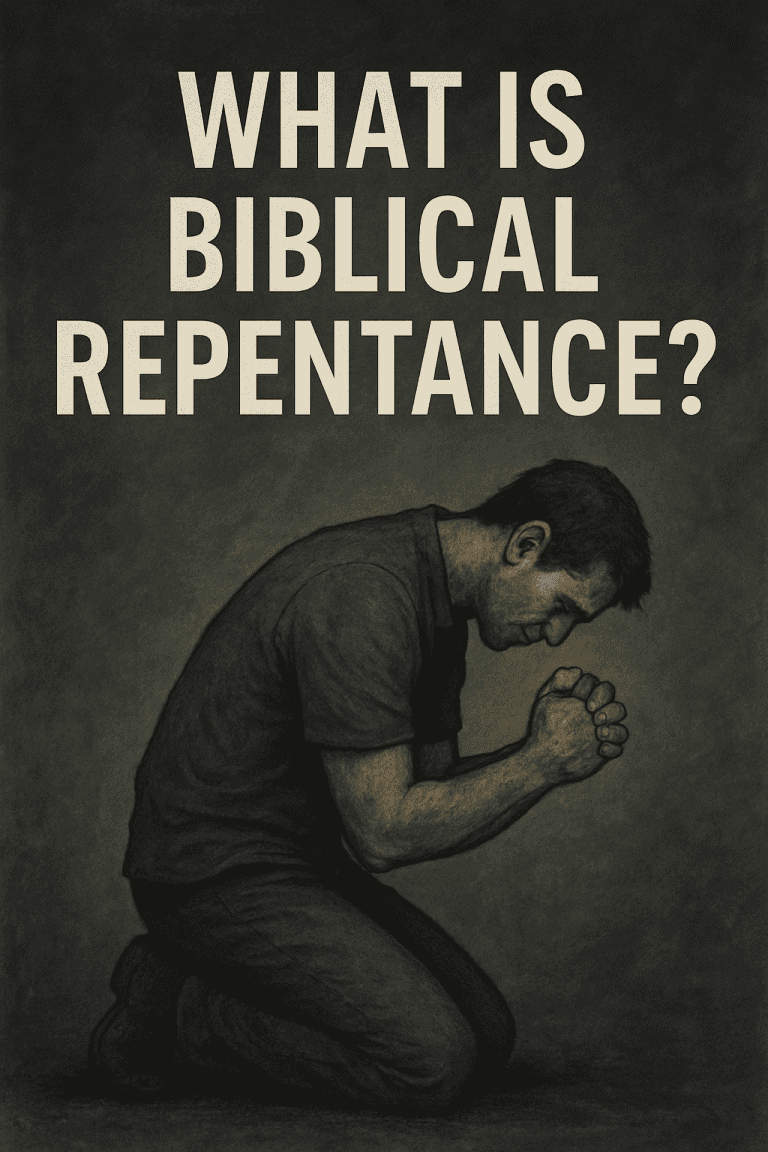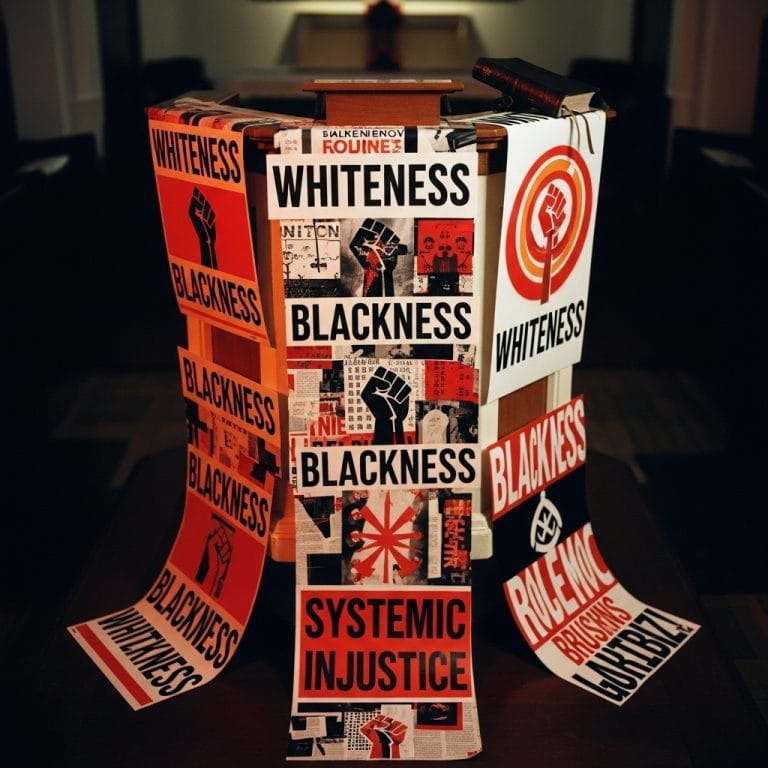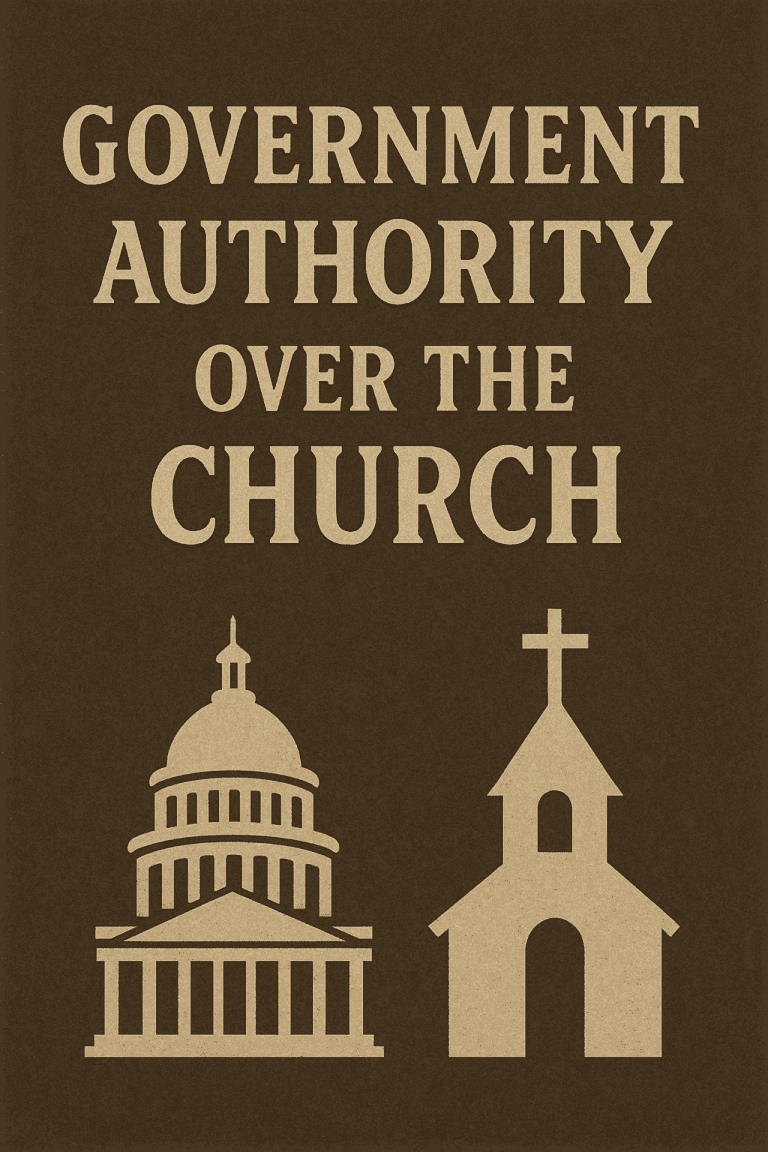Healing Church Wounds Through Forgiveness and Reconciliation
Church is supposed to be a place of refuge, a family of believers where we worship, grow, and encourage one another. But for many, the very place that should foster spiritual healing has become a source of deep wounds. We need to know how healing church wounds through forgiveness and reconciliation can bring about peace in our lives.

Maybe you’ve experienced betrayal by a trusted leader, judgment from fellow believers, or manipulation disguised as biblical authority. Maybe you poured your heart into ministry, only to be met with rejection. Perhaps you spoke up against sin and found yourself ostracized.
And now, you’re left asking: “How do I heal? How do I forgive? Should I even try to reconcile?”
You’re not alone. The Bible doesn’t ignore this reality. God, in His wisdom, has already given us the tools for healing: forgiveness, reconciliation (when possible), and faith that He alone is the righteous judge.
When the Church Hurts You
But let’s be honest—none of this is easy.
Let’s walk through what Scripture actually says about healing from church wounds, forgiving those who’ve hurt us, and whether reconciliation is always possible—or even wise.
Understanding Church Hurt: Why It Cuts So Deep
We expect conflict in the world, but church hurt stings in a way that nothing else does. Why? Because these wounds come from those who claim to follow Christ.
David understood this pain when he wrote:
“For it is not an enemy who taunts me—then I could bear it; it is not an adversary who deals insolently with me—then I could hide from him. But it is you, a man, my equal, my companion, my familiar friend. We used to take sweet counsel together; within God’s house we walked in the throng.” (Psalm 55:12-14)
David’s grief wasn’t over an enemy’s attack—it was over betrayal by someone who had stood beside him in worship.
Maybe you can relate. Maybe you trusted a pastor or elder, only to be let down. Maybe another believer judged you harshly when you needed grace. Maybe you watched hypocrisy in leadership and felt disillusioned.
The effects of church hurt can be devastating:
- Loss of trust in Christian leadership – If those called to shepherd fail, who can be trusted?
- Disillusionment with the faith – Many walk away from Christianity entirely because of spiritual abuse.
- Spiritual and emotional isolation – Instead of finding healing in community, some choose to never enter another church again.
But no matter what’s been done to you, the failures of man do not change the character of God. The question is: what do we do next?
The Call to Forgiveness: What It Is (and What It Isn’t)
A. Forgiveness Is Not Optional
Forgiveness is one of the hardest commands in Scripture. When we’ve been wronged, our flesh demands justice, retribution, or at the very least, acknowledgment of the pain caused.
But Jesus makes it clear:
“If you do not forgive others their trespasses, neither will your Father forgive your trespasses.” (Matthew 6:15)
That’s a serious statement.
But let’s be clear: forgiveness is not the same as pretending the hurt didn’t happen.
B. What Forgiveness Doesn’t Mean
- Forgiveness does NOT mean excusing sin. God never calls us to ignore injustice (Romans 12:19).
- Forgiveness does NOT mean instant trust. Some wounds require time, distance, and accountability.
- Forgiveness does NOT always lead to reconciliation. Some relationships are too toxic or unrepentant to be restored.
So what does biblical forgiveness look like?
“Let all bitterness, wrath, anger, clamor, and evil speaking be put away from you, with all malice. And be kind to one another, tenderhearted, forgiving one another, even as God in Christ forgave you.” (Ephesians 4:31-32)
Forgiveness is releasing the desire for revenge, entrusting justice to God, and choosing to reflect Christ’s mercy—even when the other person doesn’t deserve it.
C. The Process of Forgiving Church Hurt
- Acknowledge the pain – Suppressing wounds only deepens bitterness. Bring them before God (Psalm 62:8).
- Make the choice to forgive – Obedience comes before emotion. Forgiveness is an act of the will (Colossians 3:13).
- Pray for those who hurt you – This is difficult but commanded (Luke 6:27-28).
- Trust God’s justice – Only He can judge rightly (Romans 12:19).
But what about reconciliation? Should we always seek it?
Healing Church Wounds Through Forgiveness – Moving Toward Reconciliation: Is It Always Possible?

Forgiveness is always required, but reconciliation is not. Some relationships can be restored, but others remain broken due to unrepentance, ongoing harm, or lack of trust. While Scripture encourages us to pursue peace, Paul acknowledges that reconciliation is only possible when both parties are willing:
“If possible, so far as it depends on you, live peaceably with all.” (Romans 12:18)
This means we do our part, but we cannot force reconciliation. Biblical restoration requires repentance, accountability, and wisdom—not simply returning to an unsafe or harmful situation.
A. The Difference Between Forgiveness and Reconciliation
Forgiveness is a one-way street—you can forgive someone who never repents.
Healing church wounds through forgiveness and reconciliation is a two-way street—it requires repentance, accountability, and trust.
Paul gives us a biblical boundary for reconciliation:
“If possible, so far as it depends on you, live peaceably with all.” (Romans 12:18)
This verse acknowledges reconciliation isn’t always possible. It depends on both parties.
B. Biblical Steps to Reconciliation
If reconciliation is possible and wise, Scripture gives a clear process:
- Examine your own heart first (Matthew 7:3-5).
- Go directly to the offender (Matthew 18:15).
- Seek wise mediation if needed (Matthew 18:16).
- If unrepentance remains, set boundaries (Matthew 18:17).
However, not every relationship should be restored. If the offender refuses repentance, restoration is not biblical.
When Reconciliation Isn’t Possible: Trusting God’s Justice
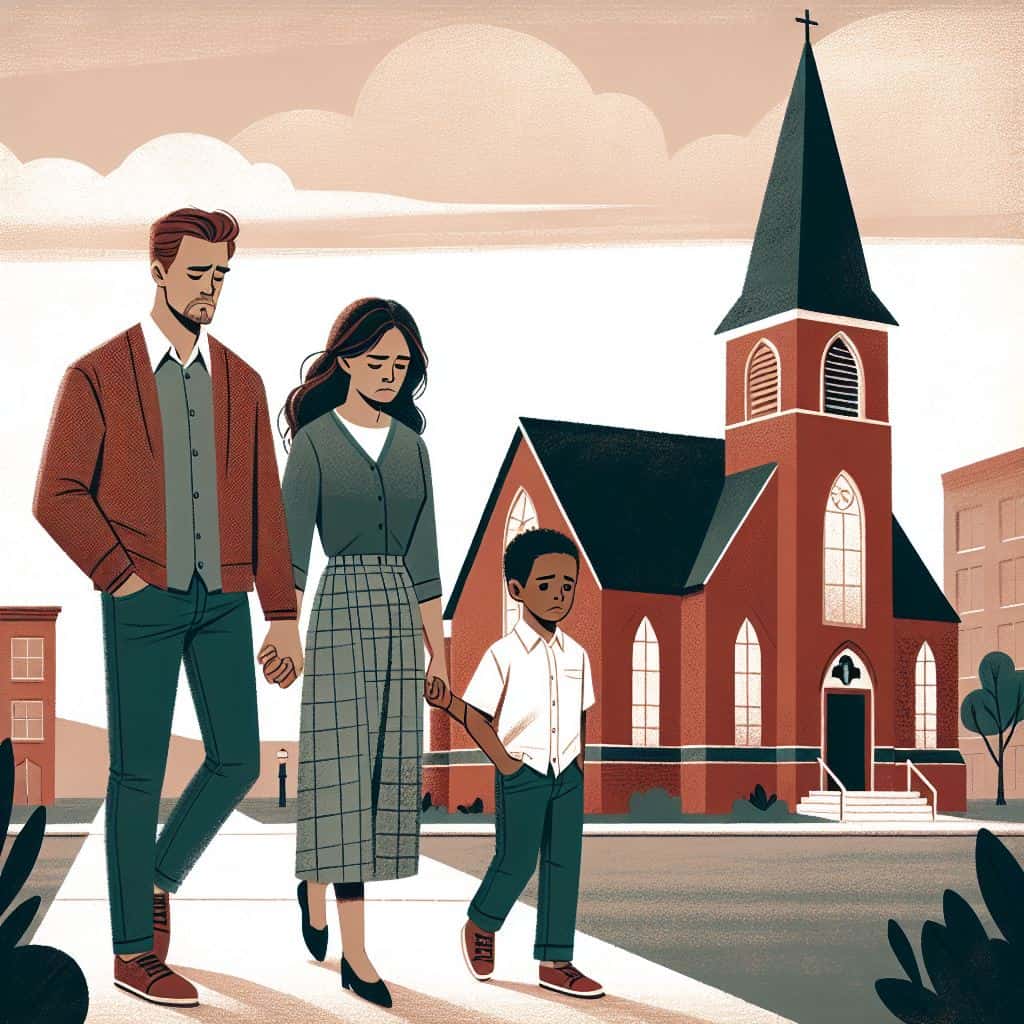
Paul himself experienced broken relationships within the church:
“At my first defense no one came to stand by me, but all deserted me. May it not be charged against them.” (2 Timothy 4:16)
Paul had to move forward in ministry despite betrayal. And sometimes, we must too.
When reconciliation isn’t possible:
- Release them to God (Romans 12:19).
- Stay rooted in Christ, not people (Hebrews 12:2).
- Find a healthy church community – One church’s failure doesn’t mean all churches are broken.
Even when relationships remain fractured, God remains faithful.
Hope After Church Hurt
Church hurt is real, but it does not have to define your faith.
- Forgiveness frees your heart from bitterness.
- Reconciliation is a gift—but not always possible.
- God is the ultimate judge—He will deal with every wrong.
If you’re struggling with church hurt, let’s talk. I’ve experienced it and I’d love to walk with you through this biblically. There is hope on the other side! If you’d like to watch some videos on this and other Christian topics, check out my YouTube channel.
Would you like to learn more about the biblical doctrine of election? Read my free pamphlet Chosen by Grace.
Walt Roderick is a Christian writer who cares more about biblical clarity than online applause. He writes to strengthen believers and confront spiritual drift.
